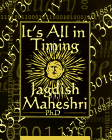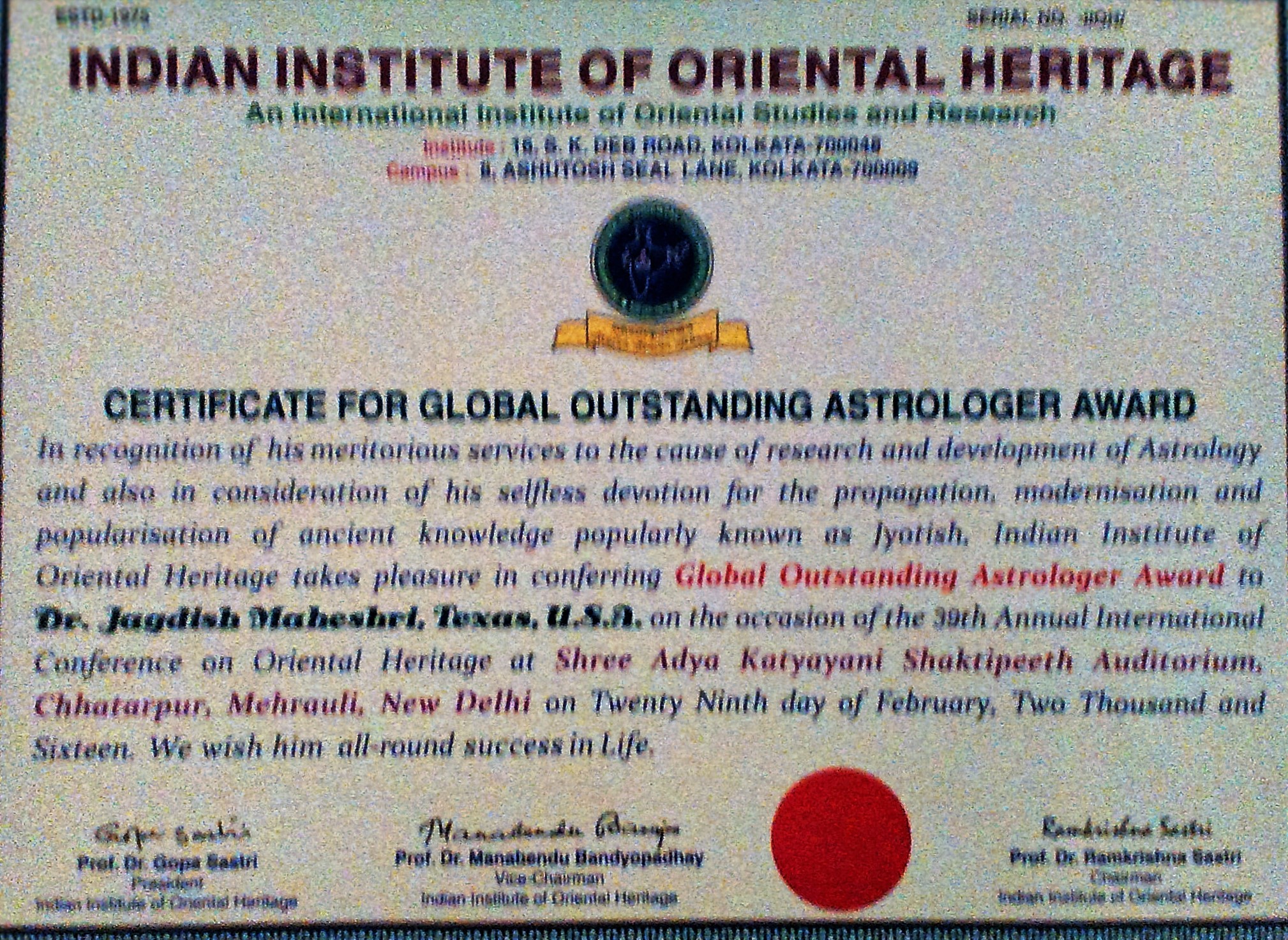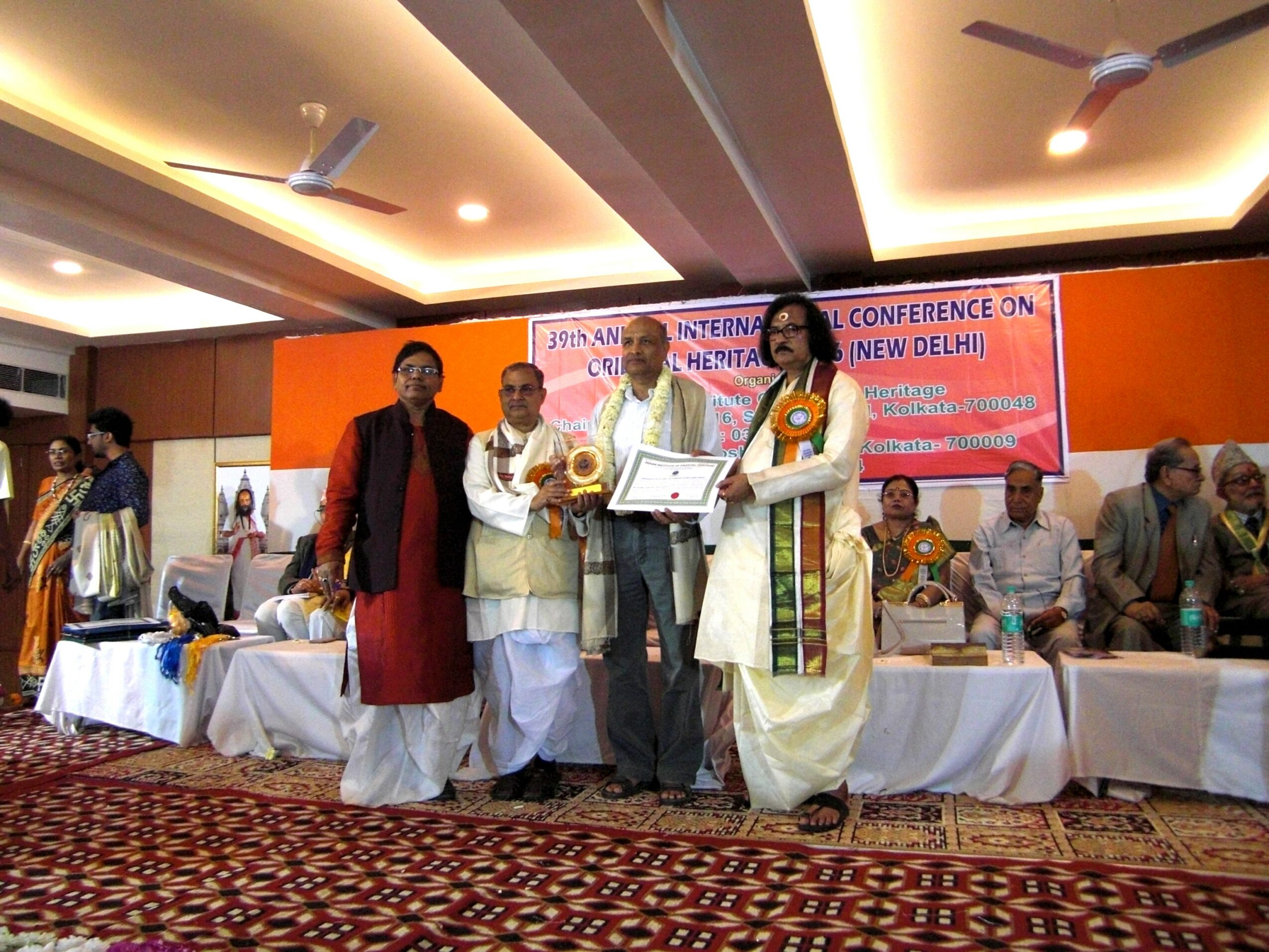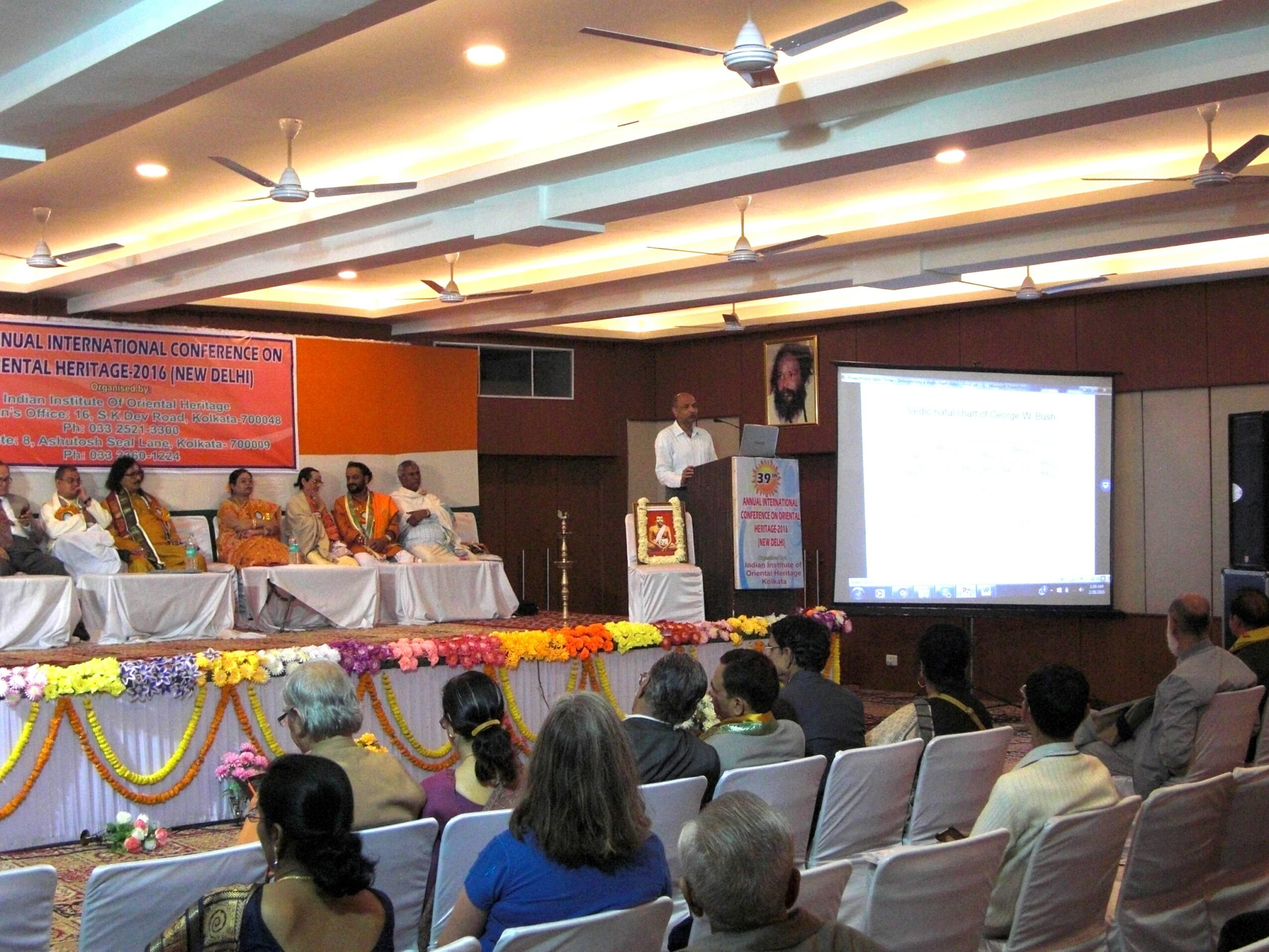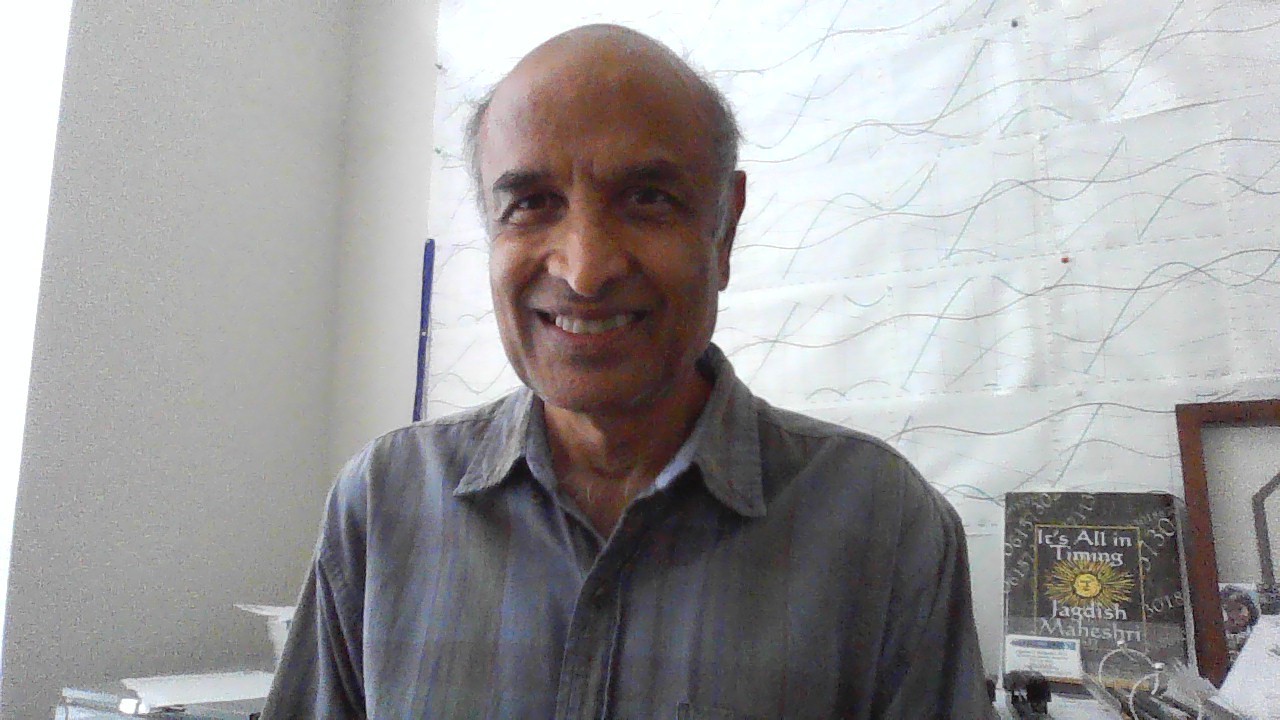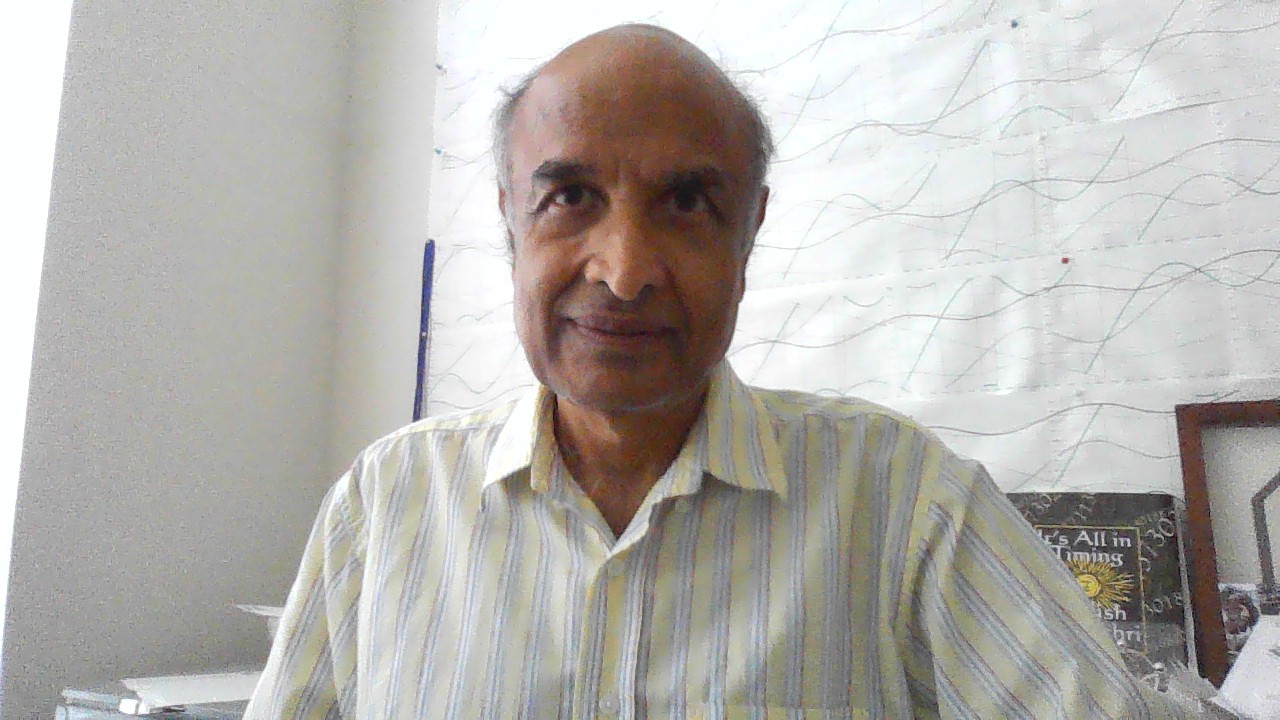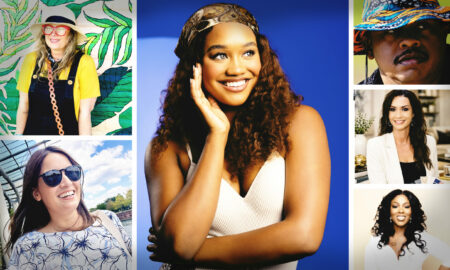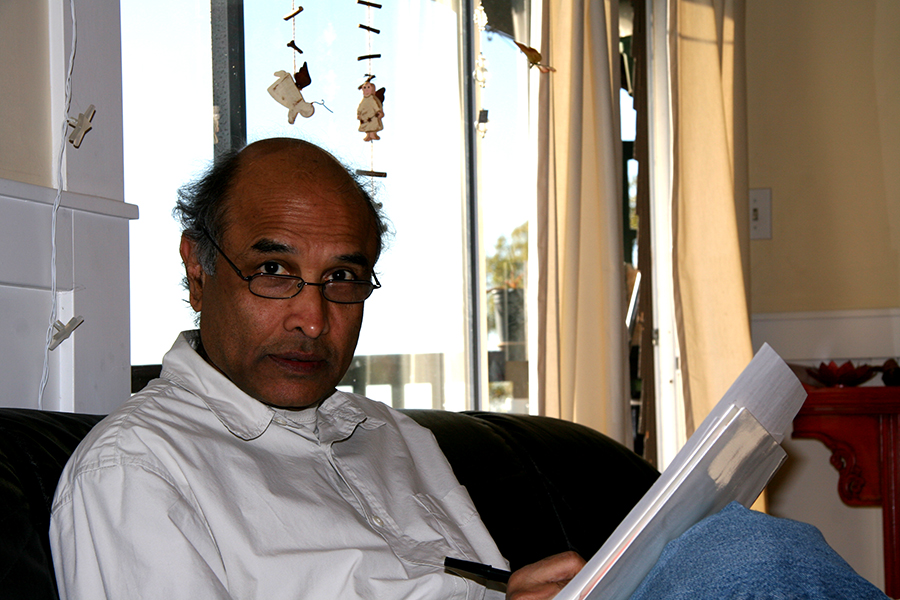

Jagdish Maheshri shared their story and experiences with us recently and you can find our conversation below.
Hi Jagdish, thank you so much for joining us today. We’re thrilled to learn more about your journey, values and what you are currently working on. Let’s start with an ice breaker: What do you think others are secretly struggling with—but never say?
Have you ever wondered what people might be secretly struggling with—but never talk about?
I used to think about that a lot, until one day I flipped the question and asked it to myself. That’s when things really started to click. By looking inward, I began to see more clearly what others might be going through too.
One of the biggest things people often struggle with—though rarely admit—is being honest with themselves while also trying to be socially or politically correct. It’s a tough balance. And instead of dealing with that discomfort, many take the easier route: pretending, putting on a front, and hiding how they really feel.
A big part of that comes from fear—fear of being vulnerable, of being judged, or of someone taking advantage of that openness. So, it’s safer to act like everything’s fine than to admit, even just to ourselves, that something isn’t.
Maybe a better approach is to start small: be open with people you truly trust. Test the waters with those who make you feel safe. Once you stop pretending around them, it becomes a little easier to be more real with yourself too.
Can you briefly introduce yourself and share what makes you or your brand unique?
It’s kind of a long story, but here goes…
About 50+ years ago, back in India, I got dragged by my uncle to a lecture by a well-known astrologer. I had zero interest in astrology, but he promised a fancy dinner afterward—so, of course, I went. I sat through the whole lecture bored out of my mind. But then, something unexpected happened.
After the lecture, my uncle wanted to book a personal consultation with the astrologer. While we were waiting in line, I overheard the astrologer talking to someone who wanted to learn astrology. He asked the guy if he knew Sanskrit. The man said no. Then he asked if he had memorized all 27 Nakshatras (the constellations in the zodiac). Again, the answer was no. Finally, he asked, “Do you know solid geometry?”
That last one caught my attention. I was a freshman science student at the time and had just started learning solid geometry. I thought, Wait—what does that have to do with astrology?
That moment sparked my curiosity. I told my uncle to buy the astrologer’s books for me. I stayed up all night reading them—three books, cover to cover—and found nothing about solid geometry! The next day I marched back to the astrologer and asked him about it. He casually said, “Oh, that’s in a different book.”
That’s when it hit me: astrologers play on people’s emotions to make a living. And I thought—this needs to be challenged. I took it upon myself to prove astrology was unscientific and possibly a scam. But to do that, I had to learn it properly first.
Over the next few years, on and off, I read a lot of astrology books and studied many birth charts. I actually had quite a bit of success proving things wrong. But along the way, I started noticing something interesting—some hidden gems of insight in those books that most people overlooked. I realized that the problem wasn’t just with astrology itself—it was that astrologers weren’t treating it like a science. They weren’t asking why or how certain rules came to be.
That realization changed everything for me. Astrology became a calling. I couldn’t make a full-time career out of it, but I continued to pursue it passionately, as a lifelong hobby and serious interest.
After moving to the U.S. in 1971, I started using computers to speed up my research—and that changed the game. Over the next couple of decades, I analyzed and interpreted thousands of charts. In 1996, I wrote a widely accepted book for people who want to learn Vedic astrology. I call myself a contemporary Vedic astrologer, because I blend traditional knowledge with modern tools and thinking.
Since 2010, I’ve been the Research Director for the National Council for Geocosmic Research (NCGR). I’ve published and presented papers at conferences in Baltimore, Philadelphia, and New Delhi. I spoke at UAC (United Astrology Conference) in 2012 and recently won the “Outstanding Global Astrologer” award at a Vedic astrology conference in New Delhi.
In 2016, I was awarded the Catherine & Ernest research grant. I teach Vedic astrology online, have authored several articles, been a guest on radio shows, and I run the website www.astroinsight.com.
One of my proudest contributions is discovering the Ninefold Progression technique in 1995, which I describe in my book “It’s All in Timing.” I also enjoy research in mundane astrology, particularly in predicting natural calamities like earthquakes and human-caused events like war and violence.
So yeah, what started as a free dinner turned into a lifelong journey.
Okay, so here’s a deep one: What did you believe about yourself as a child that you no longer believe?
I was born in India and raised in a traditional Hindu way of life, so naturally, my early beliefs and worldview were shaped by that upbringing. Looking back, I can see how that childhood conditioning came with certain biases, assumptions, and cultural filters—I just wasn’t aware of them at the time.
Then life took a turn. I moved to the United States and suddenly found myself surrounded by people from completely different backgrounds and cultures. As I got to know them and listened to their stories, I started noticing their own childhood conditioning—and how different it was from mine. That’s when it hit me: if I had been born in Ireland, Japan, or the Middle East, I would’ve grown up thinking their way was the “normal” way. It was a powerful realization.
That understanding helped me let go of a lot of the rigid beliefs and opinions I once held. I came to see that so much of what we think is “right” or “true” is really just a result of where and how we were raised. And underneath all of that, what really matters—what’s universal—is love and respect. That, to me, is what life is truly about.
If you could say one kind thing to your younger self, what would it be?
If I could tell my younger self one thing, it would be to not get bogged down by the past. The past is over, and dwelling on it only holds you back from the exciting possibilities of the present. Embrace the now, shed any unnecessary burdens, and keep moving forward with courage and optimism.
Sure, so let’s go deeper into your values and how you think. What important truth do very few people agree with you on?
While we are different from each other in our interests, lifestyles, conditioning, and beliefs, the realization that these are superficial things allows us to let them go and uncover what’s underneath. Only then do we find ourselves as part of the one Whole. We are all connected once we unblock ourselves from self-created barriers (ego, fear, anger, obsessive desires, jealousy, greed, etc.) and become receptive to communicating with Nature.
Thank you so much for all of your openness so far. Maybe we can close with a future oriented question. When do you feel most at peace?
Everyday, when I take my long evening walks and reflect on my day (life).
Contact Info:
- Website: https://astroinsight.com
- Facebook: https://www.facebook.com/pluto99999
- Other: U-Tube videos:
Google:
https://www.google.com/search?sca_esv=1740ddc3d2160827&rlz=1C1CHBF_enUS922US922&sxsrf=AHTn8zrqtdfZLGi2plmHBYnYnU8H6m3ufA:1746151299963&kgmid=/g/11w201frhq&q=Astro+Insight&shndl=30&shem=lcuae,uaasie&source=sh/x/loc/uni/m1/1&kgs=e217828de8a0449f
